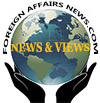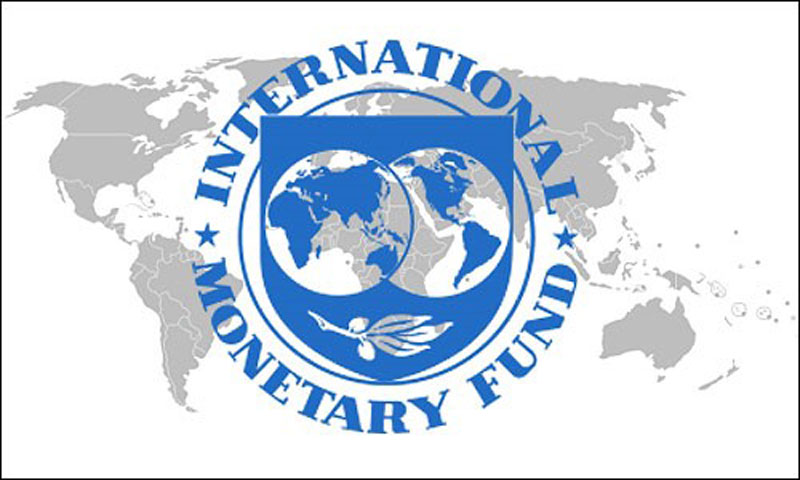The government of Nepal and the IMF team have reached an agreement on the policies needed to complete the combined first and second reviews of the ECF arrangement.
Nepal would have access to about US $52 million in financing once the review is formally approved by the IMF Executive Board bringing total disbursements under the ECF thus far to about US $156.6million from a total of about US $375.8 million, stated in the press note.
Despite a challenging global and domestic environment last year, including the impact of Russia’s war in Ukraine, Nepal continued to make progress with the implementation of the ECF-supported program.
Notable achievements include the external audit of the Nepal Rastra Bank with the assistance of international auditors in line with international best practices, publication of reports on both COVID-related spending and custom exemptions to enhance transparency, drafting of amendments to bank asset classification regulations, and strengthening bank supervision by launching the donor-supported Supervision Information System, it said.
The IMF welcomed the progress made towards implementing other structural reforms in the authorities’ policy agenda and discussed priorities looking forward.
The Nepali authorities have taken decisive actions to maintain a stable macroeconomic environment. The much-needed monetary policy tightening last year, together with the gradual unwinding of COVID support measures, helped moderate credit growth and contributed to the moderation of inflation stemming from the global commodity price shock caused by the Ukraine war.
As a result, and in a context of resilient remittances, external pressures eased, and international reserves stabilized in the first half of FY 2022/23.
The temporary import restrictions, mostly aimed at reducing the rapid post-pandemic growth of imports, were removed, it reads.
The slowdown in imports nevertheless dampened tax collections during the first half of FY 2022/2023, which has required expenditure rationalization in the mid-year budget review to preserve fiscal discipline and debt sustainability.
Bank asset quality has deteriorated, reflecting a decline in the repayment capacity of borrowers due to higher lending rates and rising leverage, a concern that is moderated by banks’ capital-adequacy ratios that are above the regulatory minima.
Real GDP growth is projected to soften to 4.4 percent in FY 2022/23, but is supported by the ongoing recovery of tourism, strong agriculture sector performance in the first half of the year and resilient remittances.
However, the global outlook remains subject to an unusually high level of uncertainty. Nepal remains vulnerable to shocks, from volatile and higher global commodity prices and from natural disasters and weather variability.
Accordingly, cautious monetary policy remains appropriate to bring the still elevated inflation down towards the Nepal Rastra Bank’s 7 percent target and to allow the economy to grow without placing undue pressure on international reserves. The government further aims to address near-term fiscal pressure by rationalizing expenditure.
Nepal remains committed to the policies and reforms envisaged in the ECF-supported program to implement recommendations from the ongoing AML/CFT Mutual Evaluation conducted by the Asia/Pacific Group.
The ECF-supported program will help Nepal’s economy to remain on a sustainable path over the medium term with the economy projected to grow at around 5 percent and inflation at around 6 percent, while maintaining adequate levels of international reserves and keeping public debt at a sustainable level, added the note.
The authorities and IMF staff agreed that priority should be given to achieving a fiscal deficit that ensures debt sustainability, while securing additional concessional financing and enhancing debt management.
Monetary policy should focus on maintaining a cautious and data-driven stance supported by macroprudential measures. This will help avoid large boom-bust credit cycles, which can create financial sector instability and are not supportive of sustainable growth.
Discussions recognized the need for the Nepal Rastra Bank to ensure appropriate reclassification of loans and close monitoring of the impact of a potential deterioration in repayment capacity of borrowers.
The IMF team met with the Prime Minister Pushpa Kamal Dahal, ex-Deputy Prime Minister and Minister of Finance Bishnu Prasad Paudel, Nepal Rastra Bank Governor Maha Prasad Adhikari, National Planning Commission Vice-Chairman Dr. Min Bahadur Shrestha, other senior government and NRB officials, development partners and representatives of the business community, it said.









